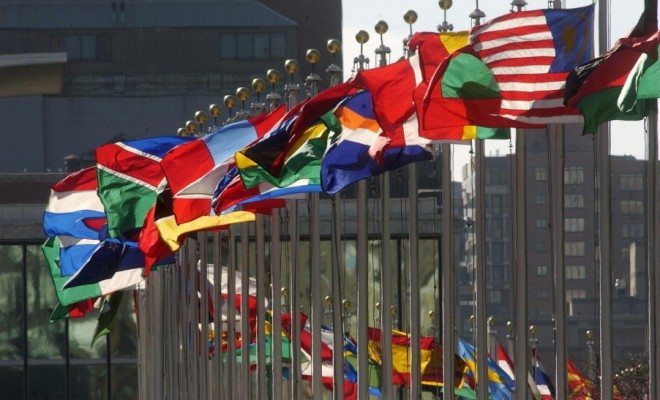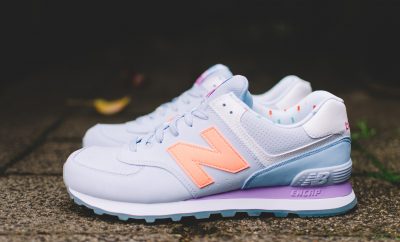 Image courtesy of [United Nations photo via Flickr]
Image courtesy of [United Nations photo via Flickr]
News
United Nations Criticizes U.S. Over These Human Rights Issues
The United States found itself facing criticism from the international community in regards to concerns about its human rights record this week. The criticisms were levied during the U.S.’s second universal periodic review in front of the United Nations’ Human Rights Council. Listed among the concerns that other nations presented about the U.S.’s human rights record included the American failure to shut down the detention facilities at Guantanamo Bay and the prevalence of sexual violence against Native American women. But one of the biggest focal points of the criticism was the culture of police violence and militarization, particularly against young black men, in the United States.
This is no surprise–during the recent flurry of media activity over the protests in Baltimore after the death of Freddie Gray at the hands of the Baltimore police, I came across a Washington Post article that posited “How Western media would cover Baltimore if it happened somewhere else.” While the writer of that piece, Karen Attiah, certainly wasn’t the only one I saw pose that question, I found her take particularly compelling, as she wrote it from the point of view of another nation’s media outlet. Take this passage for example:
Black Americans, a minority ethnic group, are killed by state security forces at a rate higher than the white majority population. Young, black American males are 21 times more likely to be shot by police than white American males.
Sounds pretty bad when it’s phrased like that, doesn’t it?
The point is that if we, as Americans, saw coverage of the racial discrimination and police conduct in this country the way that we see coverage of human rights abuses in other nations, we would be appalled and outraged. Therefore, it was no surprise to me that we received some criticism at the United Nations review.
At the same time, it also didn’t surprise me that the response that many Americans had to the criticism has been less than graceful. The main complaints appear to be twofold–some are upset that we even allowed ourselves to be reviewed by the UNHRC, calling it “farcical.” In a very similar vein, there are complaints that during the United States’ presentation in front of the council, the Obama administration even admitted to having to work on some of the aforementioned issues. There was also anger over which nations criticized us, countries including Iran, Cuba, Pakistan, and Russia. Critics of the review have been very quick to point out that those nations have very long histories of horrible human rights abuses themselves.
That’s completely true. Human rights abuses in Iran, Cuba, Pakistan, and Russia, among many other nations, are apparent, horrendous, and deserve high levels of criticism and attention. But I don’t quite get how that fact invalidates concerns about human rights abuses in the United States. Two wrongs don’t make a right–just because another nation is committing a wrong, our wrong isn’t suddenly rendered right.
Moreover, what happened to being a good example? How can we demand that other nations be accountable for their human rights abuses when we can’t even talk about ours in an open forum with humility and respect? It’s not easy to admit that there’s a problem in this country when it comes to racism and police violence. But criticizing other countries for pointing it out certainly won’t do anything to fix it. Instead, we need to work together as a nation to combat these systemic problems, and become the very role model we purport to be.
—








Comments